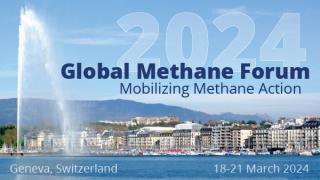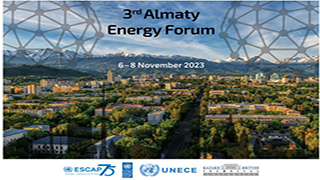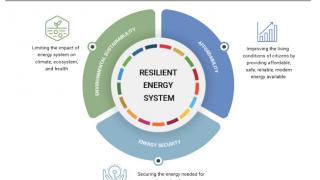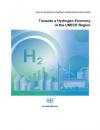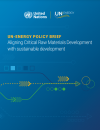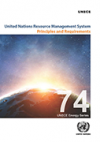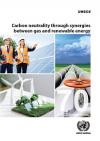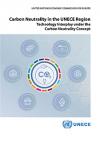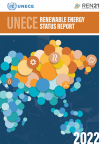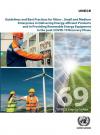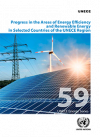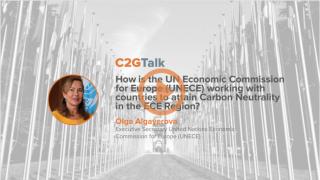Sustainable Energy
Introduction
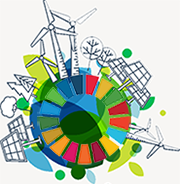
UNECE’s work on sustainable energy is designed to improve access to affordable and clean energy for all and help reduce greenhouse gas emissions and the carbon footprint of the energy sector in the region. It promotes international policy dialogue and cooperation among governments, energy industries and other stakeholders. The focus is on energy efficiency, cleaner electricity production from fossil fuels, renewable energy, coal mine methane, gas, classification of energy and mineral reserves and resources, and energy security. Read more
Key areas of work
In focus
Highlights
UNFC applied for geothermal inventory at Waikato Region, New Zealand
Jacobs has published a comprehensive report applying UNFC for an inventory of geothermal projects in the Waikato Region in New Zealand. The full article published in THINK GEOENERGY is available here: UNFC applied for geothermal inventory at Waikato Region, New Zealand (thinkgeoenergy.com)
“Guidance for the Application of the United Nations Framework Classification (UNFC) for Mineral and Anthropogenic Resources in Europe" will assist regional and national authorities to establish and maintain a Project inventory of primary and secondary raw materials Projects in Europe.
UNECE Framework for Building Resilient Energy Systems maps actions for countries to achieve greater energy security, affordability and environmental sustainability.
Carbon Neutrality Toolkit: Supporting policymakers to make informed decisions towards the implementation of the 2030 Agenda for Sustainable Development and the Paris Agreement.
A Commitment Trifecta Bold action in the three areas that UNECE believes will deliver concrete, near-term outcomes and, longer-term, achieve the 2030 Agenda for Sustainable Development and the Paris Agreement.
A Push to Pivot: Three long-term initiatives UNECE believes are needed to secure the 2030 Agenda for Sustainable Development while mitigating climate change.
Overview of Benefits and Challenges for Governments applying UNFC to Renewable Energy Projects and Resources: A joint study by the Group of Experts on Renewable Energy (GERE) and EGRM explores potential benefits and challenges in applying UNFC for national resource management (in English, French and Russian).






